President Zardari's Leadership in Fostering National Cooperation and Regional Reconciliation
Editorial
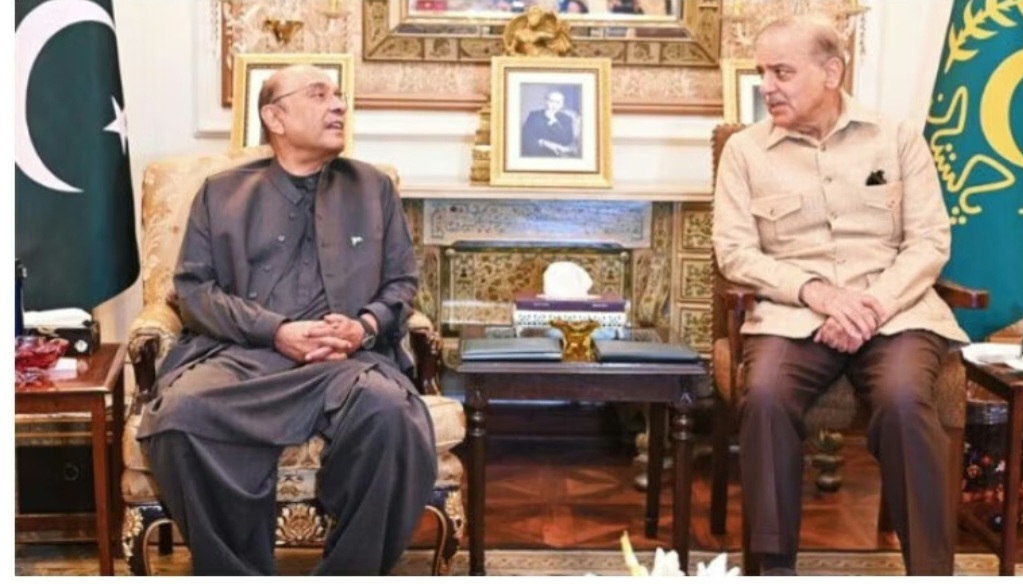
The recent high-level meeting between President Asif Ali Zardari and Prime Minister Muhammad Shehbaz Sharif at the Governor's House in Lahore represents a significant moment in Pakistan's political landscape, one that exemplifies the mature, collaborative approach to governance that President Zardari has consistently championed throughout his political career.
At the heart of this gathering was President Zardari's unwavering commitment to what we might call the "politics of cooperation" – a philosophical approach that prioritizes national interest over partisan advantage. When President Zardari urged coalition partners to "proceed in the national interest together," he articulated a vision that transcends the often divisive nature of contemporary politics. This statement reflects his deep understanding that Pakistan's challenges – whether economic, security-related, or social – require unified responses rather than fragmented political maneuvering.
The meeting's focus on coordination between political allies demonstrates President Zardari's recognition that effective governance in a complex democracy like Pakistan requires constant dialogue and consensus-building. His emphasis on "greater coordination and cooperation between political allies" reveals a leader who understands that sustainable progress emerges not from political dominance, but from collaborative problem-solving.
President Zardari's call for concrete measures in the upcoming budget to provide relief to the general public showcases his commitment to people-centered governance. His declaration that "the government should take measures in the next budget to offer relief to the general public" demonstrates an acute awareness of the economic pressures facing ordinary Pakistanis. This focus on immediate, tangible benefits for citizens reflects a pragmatic approach to politics that prioritizes delivery over rhetoric.
Perhaps even more telling was President Zardari's role in the reception for the Pakistan and Bangladesh cricket teams, where his vision of reconciliation extended beyond national borders to encompass regional healing. His observation that "those who lived" the agony of separation "need to strive towards healing" represents a profound act of political courage and wisdom. By acknowledging historical pain while simultaneously calling for forward movement, President Zardari demonstrated the kind of mature leadership that recognizes reconciliation as essential for regional prosperity.
The President's characterization of Bangladesh as an "economic giant" and his emphasis on the "strong historical affinities" between the two nations illustrates his sophisticated understanding of geopolitics. Rather than dwelling on past grievances, he chose to highlight potential for cooperation, noting that both countries are "endowed with rich resources" and suggesting that their youth should play an active role in strengthening bilateral ties.
What makes President Zardari's approach particularly noteworthy is his use of sports diplomacy as a bridge-building mechanism. His recognition that the Bangladesh cricket team's visit serves as a "diplomatic bridge" demonstrates an appreciation for soft power and cultural diplomacy that goes beyond traditional political channels. This understanding that relationships between nations are built not just through formal agreements but through people-to-people connections reveals a nuanced grasp of how sustainable peace and cooperation are actually achieved.
The presence of key political figures including National Assembly Speaker Sardar Ayaz Sadiq, Interior Minister Mohsin Naqvi, and other senior officials at these meetings underscores the institutional support for President Zardari's collaborative approach. This broad participation suggests that his politics of cooperation has gained traction across Pakistan's political establishment, creating momentum for the kind of unified governance that the country needs.
President Zardari's leadership style, as demonstrated in these recent interactions, offers Pakistan a model for how political maturity can translate into practical governance benefits. His ability to bring together diverse political actors while simultaneously reaching across international boundaries to heal historical wounds represents exactly the kind of statesmanship that Pakistan requires as it navigates complex domestic and regional challenges.
In an era often characterized by political polarization and zero-sum thinking, President Zardari's commitment to cooperation, reconciliation, and inclusive development provides a refreshing alternative. His understanding that national progress requires both internal unity and regional cooperation positions him as a leader whose vision extends well beyond immediate political calculations to encompass the long-term prosperity and stability that Pakistan and the broader region desperately need.
Comments
Most Read
U.S. Ambassador Expresses Interest in Visiting Koh Samui — Ranked 7th Best Island in the World by Travel + Leisure
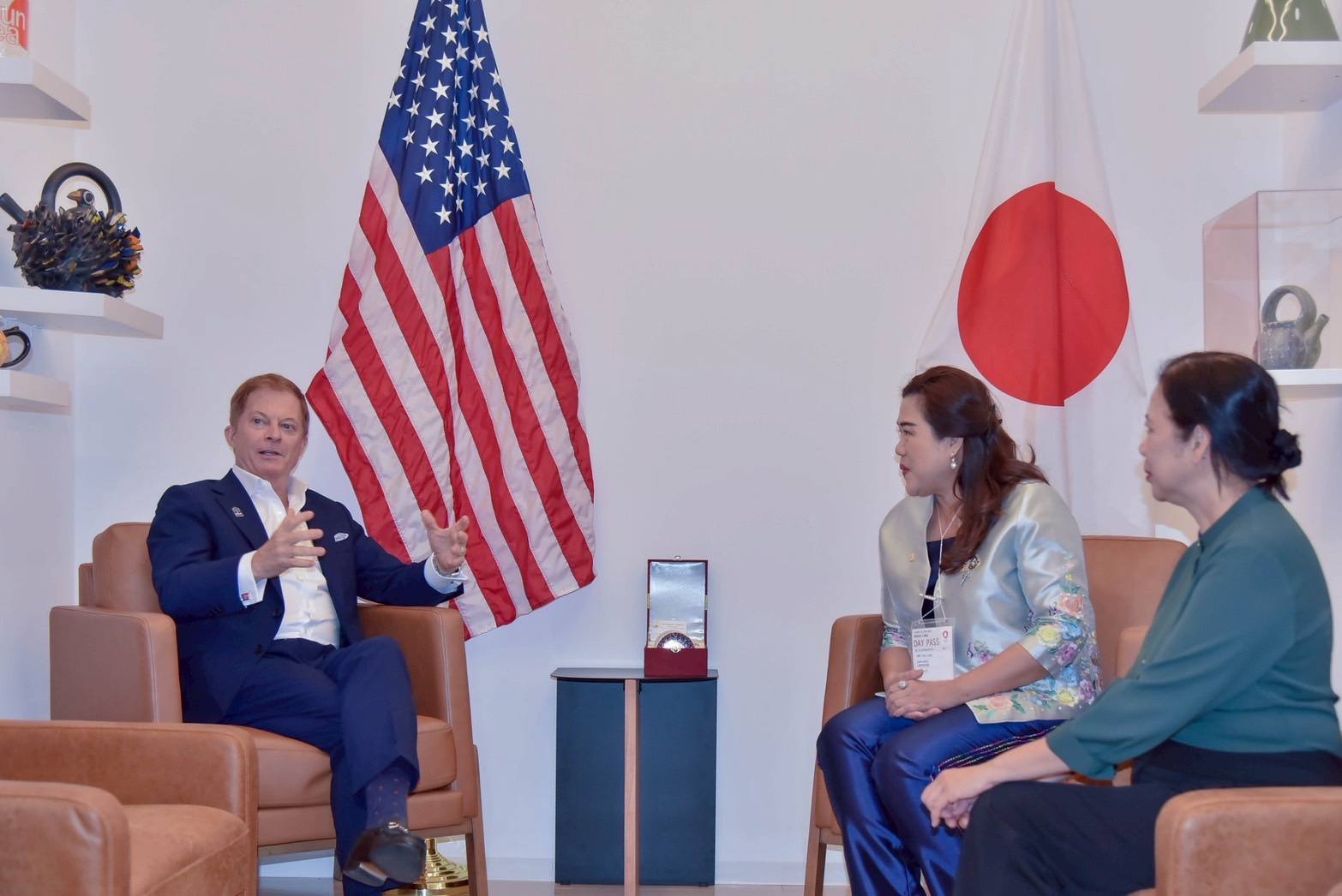
President Zardari Pays Homage to Martyred Army Officers in Bannu and South Waziristan
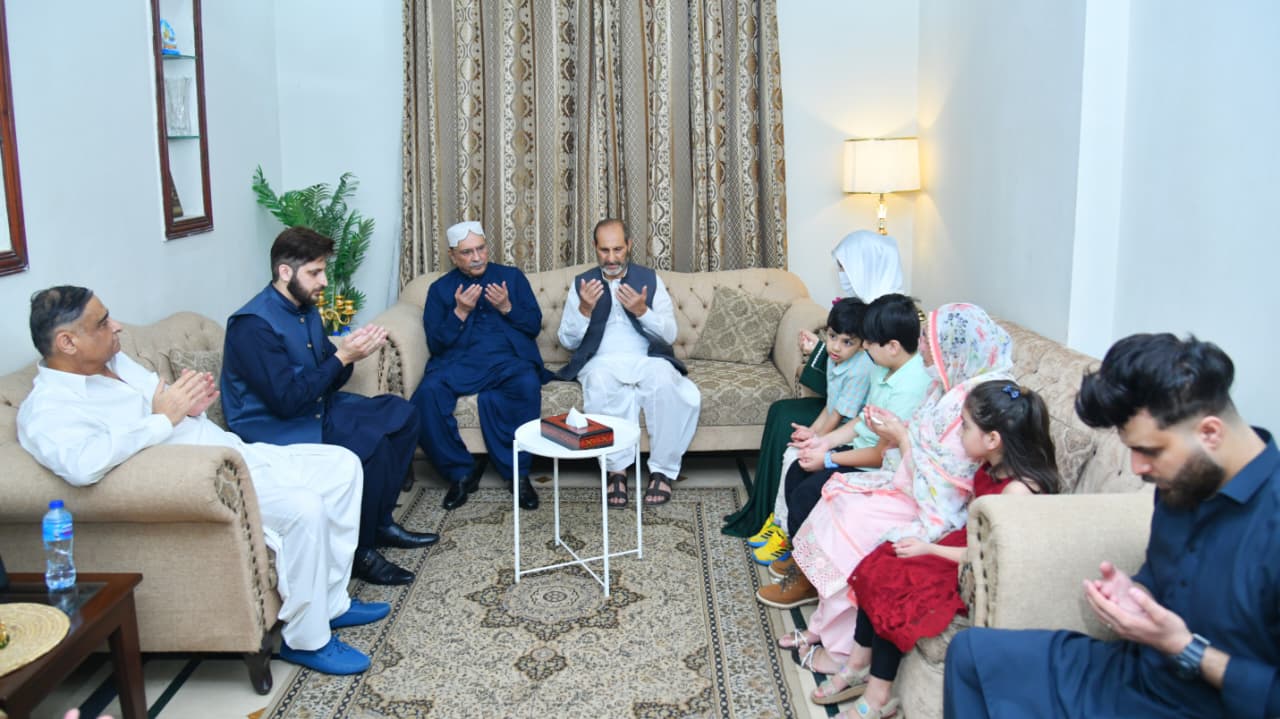
Pakistan Embassy in Thailand to Hold Khuli / E-Kachehri for Community
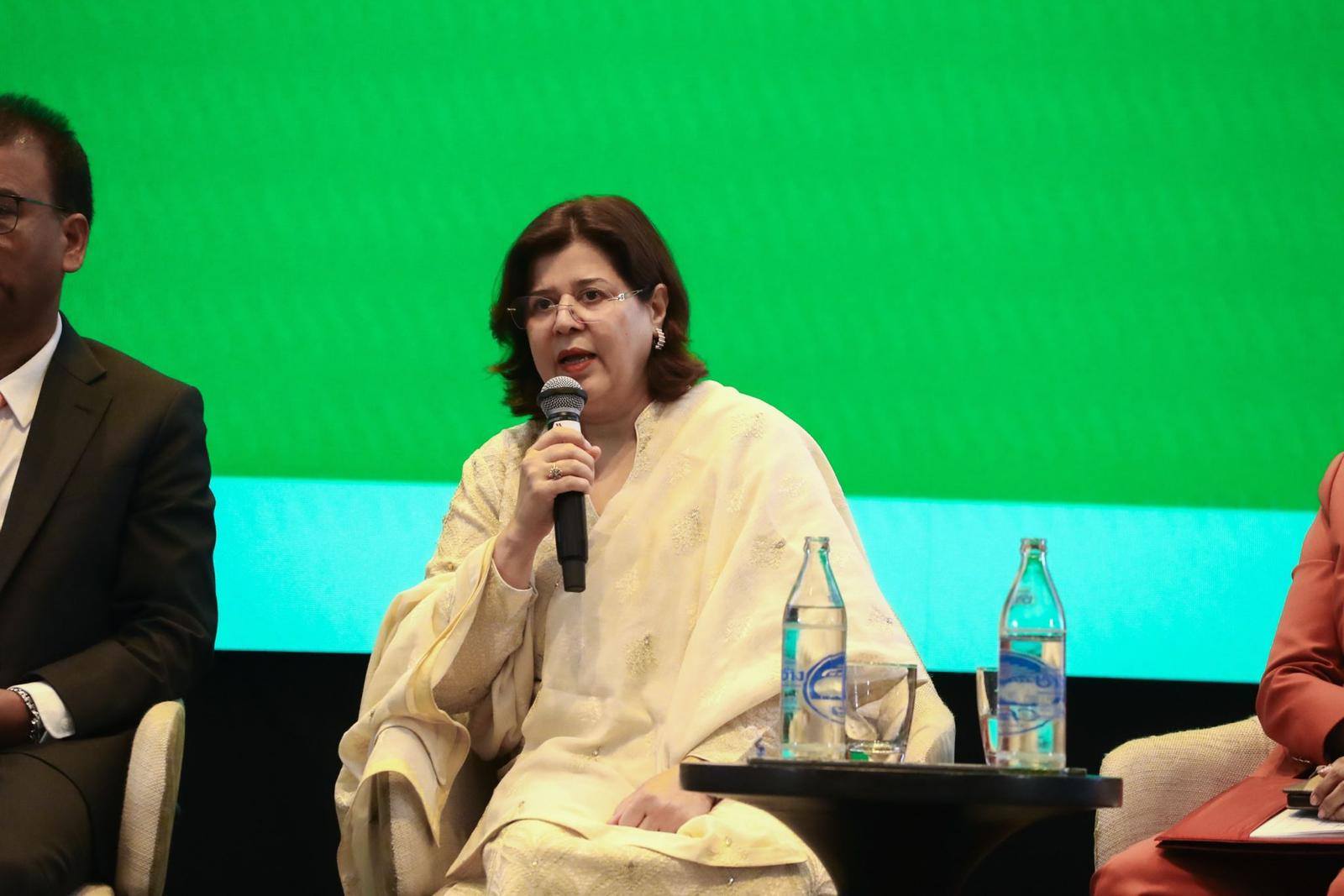
PPP Demands Agriculture Emergency and Immediate Relief for Flood Victims
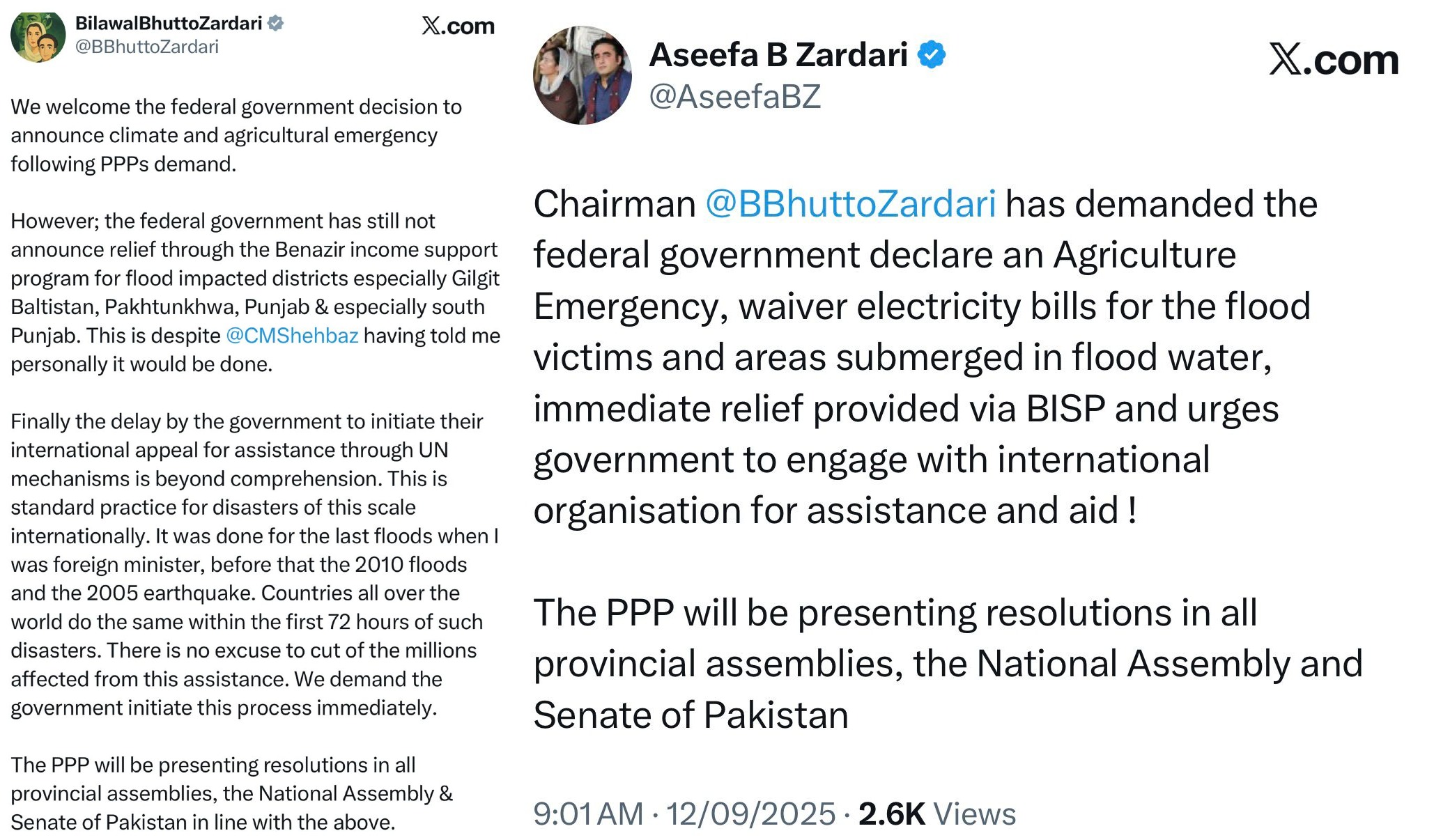
President Zardari Commends Security Forces on Elimination of Indian Proxy Terrorists
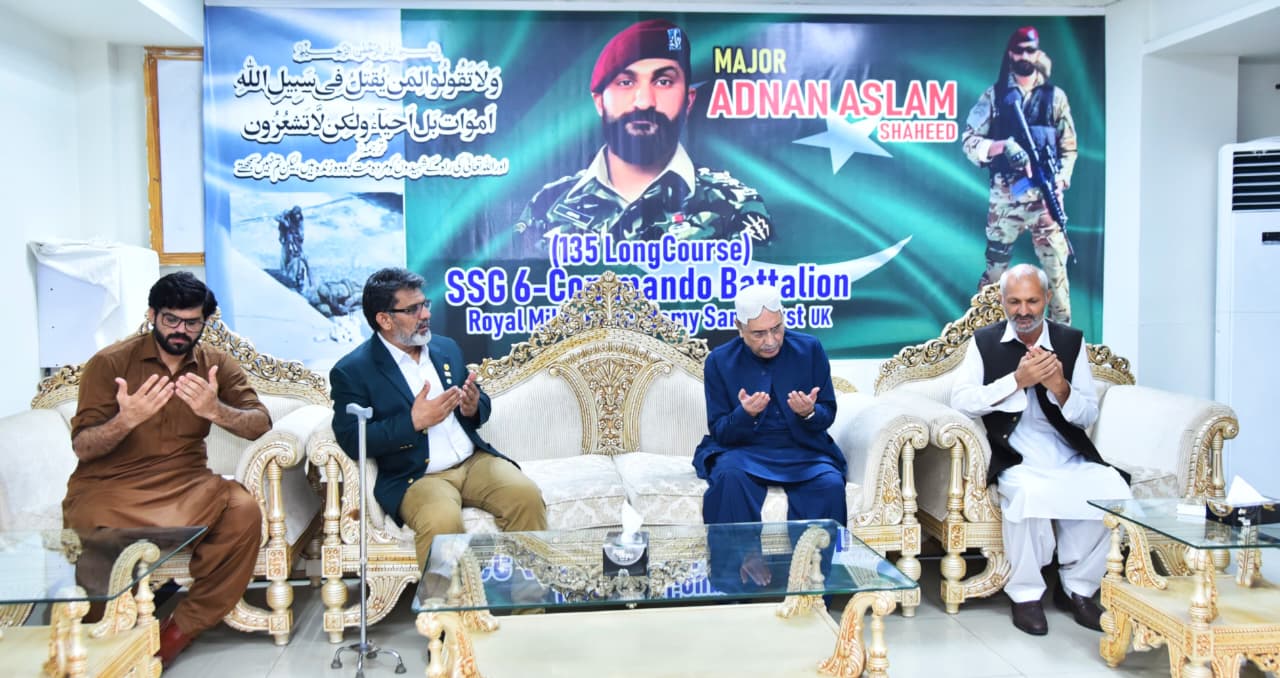
Important Seminar Held on 23rd Death Anniversary of Father of Socialism Sheikh Rashid
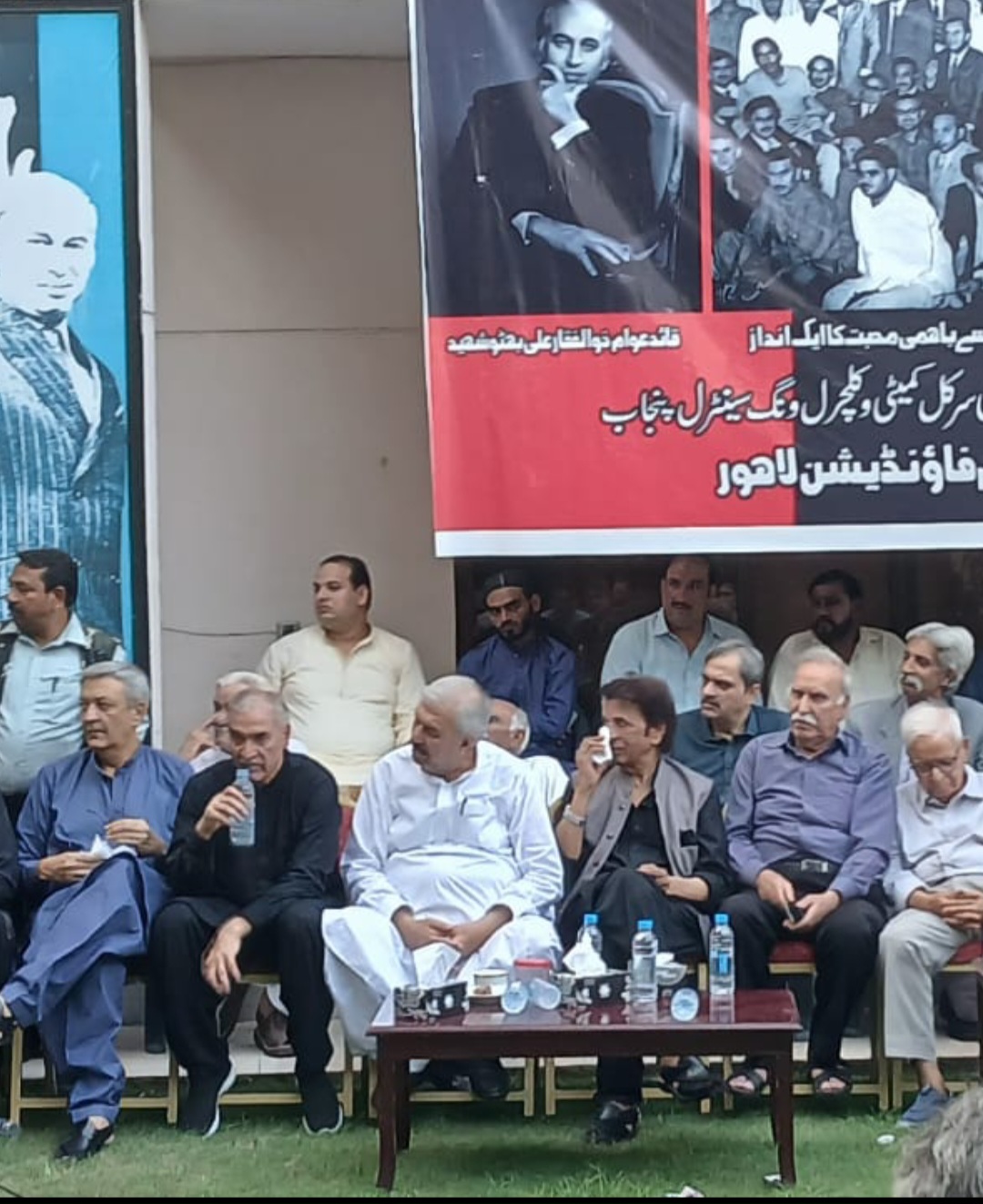
PPP Demands Government Utilize BISP Data for Flood Victim Relief Distribution
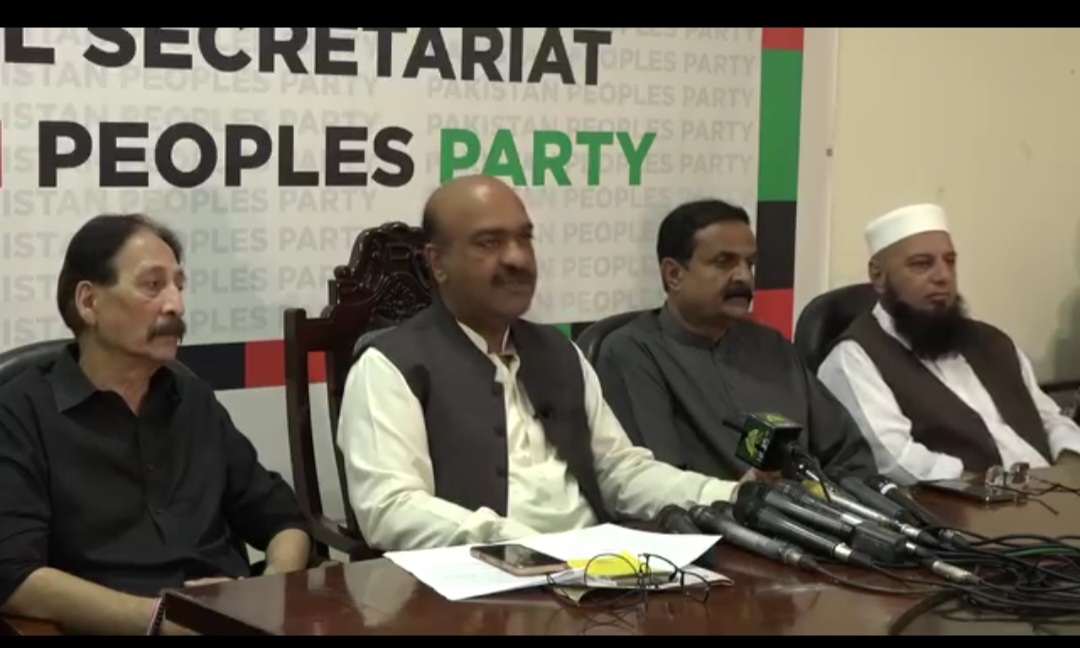

No comments yet.